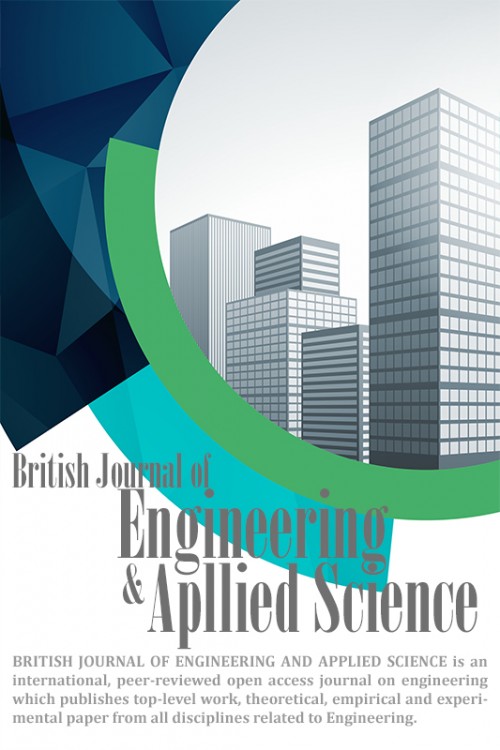
Call For Papers
british journal of engineering and applied science
2024 Volume 10, Issue 1
Effects of magnetic field on the CO2 absorption in nanofluids in a bubble column
Abstract
The effect of the magnetic field on the CO2 absorption in deionized water, water/Fe3O4, and water/Al2O3 nanofluids in a bubble column is studied. The effect of the other key parameters such as gas flow rate, nanoparticle type, magnetic field direction, and nanofluid concentration on the mass transfer rate and mass transfer coefficient has also been investigated. The results showed according to the polar nature of the water molecules, by increasing the magnetic field to 1133 gauss, the mass transfer coefficient in pure water increases up to 6.7%. The enhancement can be achieved if the direction of the magnetic field is parallel to the direction of the continuous phase. By adding the nanoparticles to the pure water, the mass transfer coefficient, and mass transfer rate increase. By increasing the water/Fe3O4 concentration the mass transfer coefficient increases, but in the water/Al2O3 nanofluid, by increasing the nanofluid concentration up to 0.005%, the mass transfer coefficient increases, and then decreases.